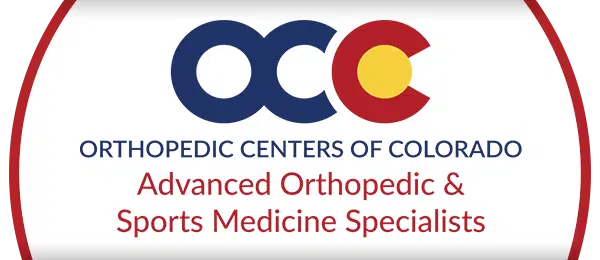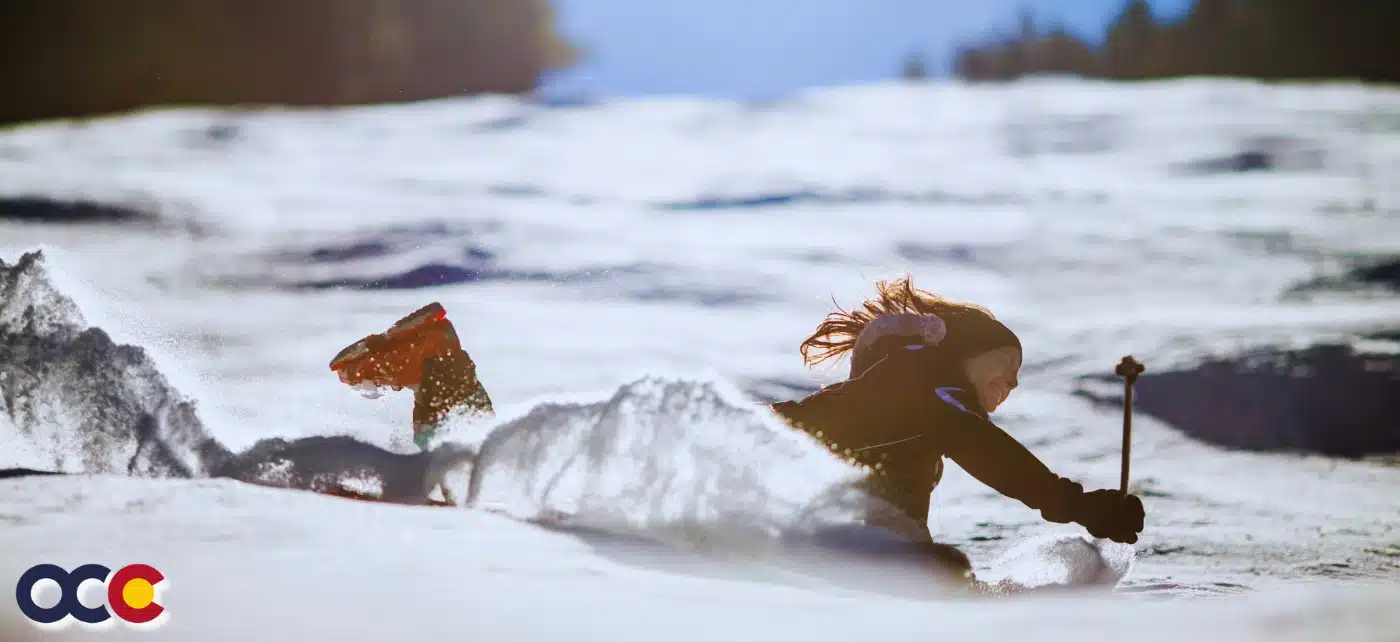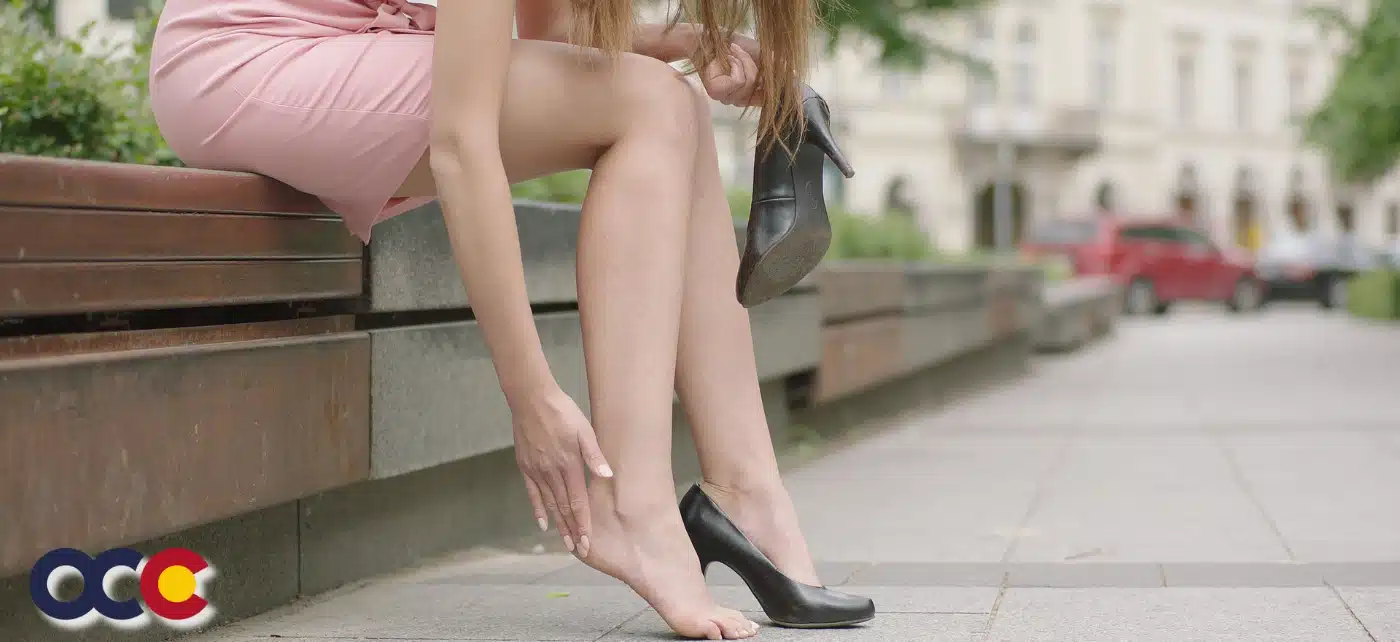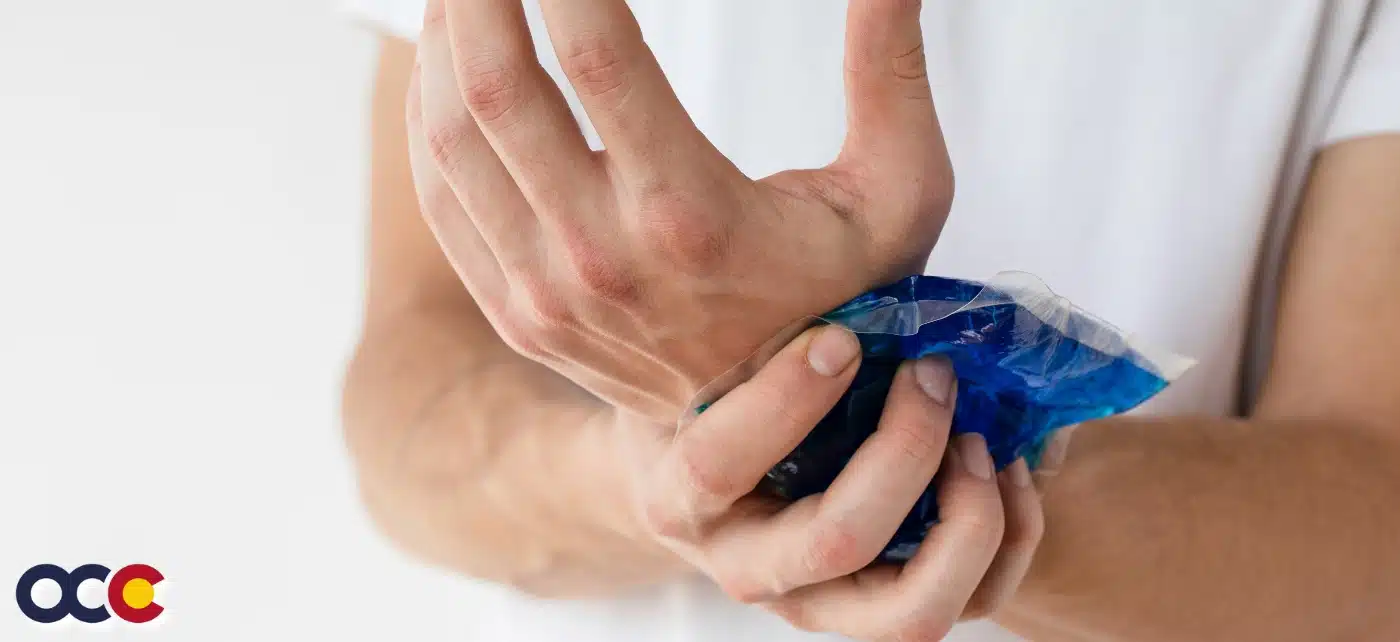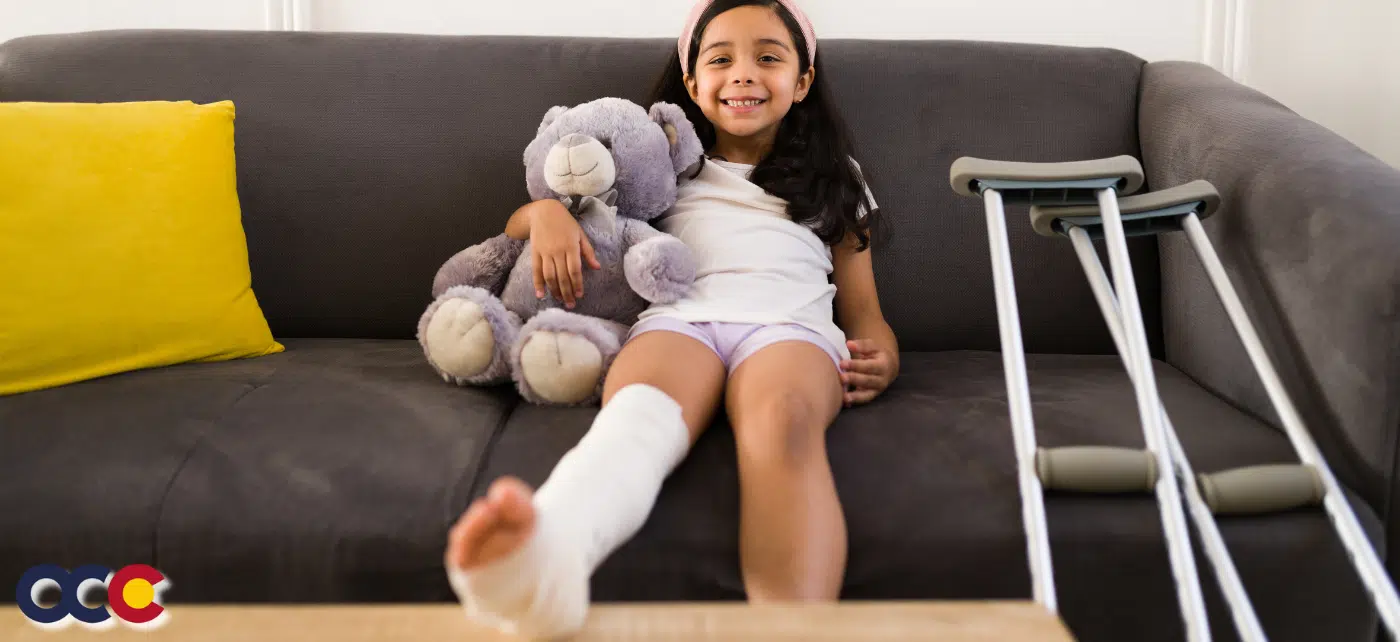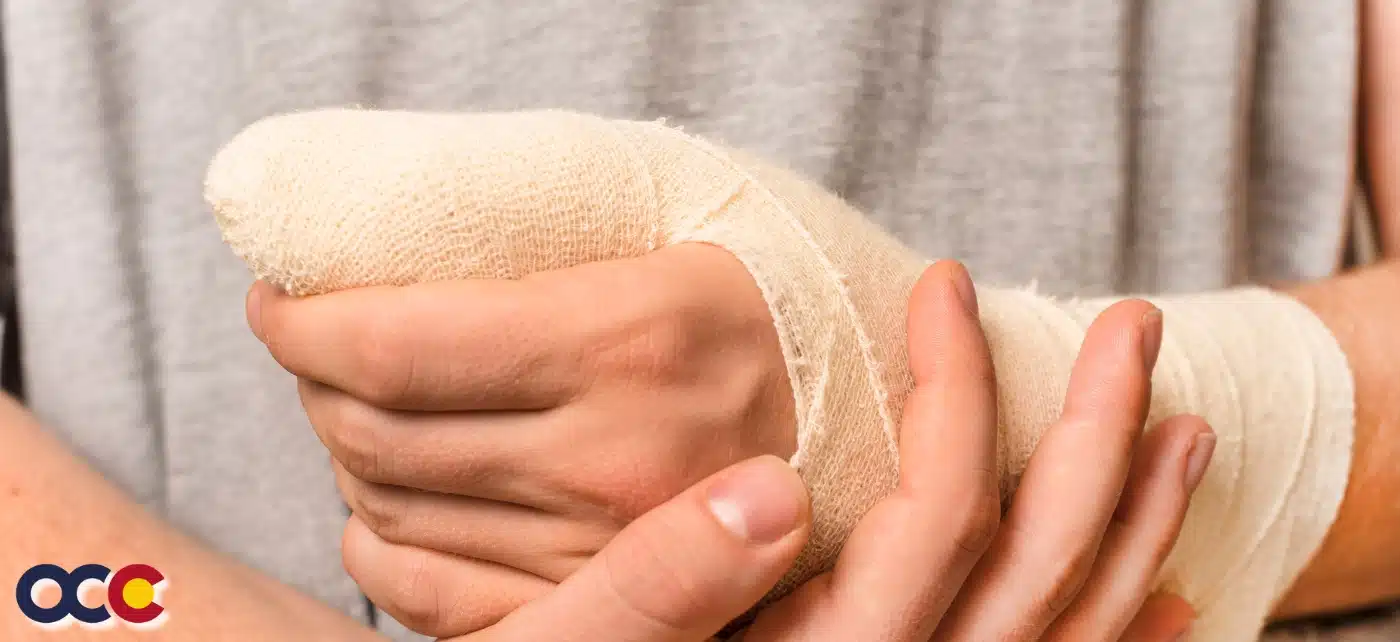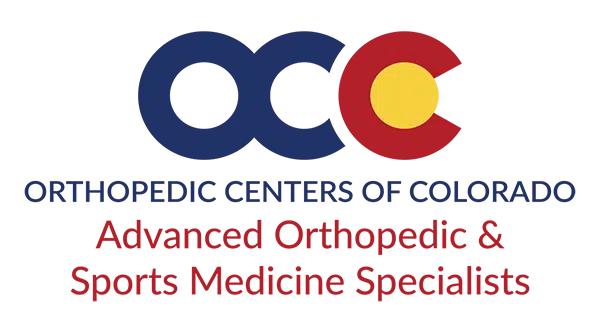Most people don’t think about hand or thumb injuries when they think about skiing or snowboarding, but skier’s thumb is actually quite common: it impacts around 200,000 people each year!
What is skier’s thumb?
Skier’s thumb is an injury to the ligament at the base of the thumb joint, known as the ulnar collateral ligament. It can range from a mild sprain to a severe ligament tear.
How does it happen? What Causes Skier’s Thumb?
Skier’s thumb isn’t just for skiers. It can happen to snowboarders or other athletes too. There are actually many ways this kind of injury can happen.
Among them, skier’s thumb can occur when you fall on an outstretched hand (known as “FOOSH”), stretching the ulnar collateral ligament on impact, or when your thumb is swiftly stretched or extended beyond its natural range, like when your ski pole gets stuck in wet, heavy snow.
Is Skier’s Thumb serious?
It can be, depending on the nature of the injury. People often experience pain as well as bruising and swelling, and many also report lack of stability or weakness in the joint.
Sprains can range from mild, to moderate, to severe. Mild sprains stretch, but do not tear, the ligament. Moderate sprains equate to a partial tear, and severe sprains are also referred to as a “full thickness” tear. This occurs when the ulnar collateral ligament that attaches the phalanx (the lower thumb bone) to the metacarpal (the bone in the hand below the thumb) is torn completely.
In some cases, the ligament can pull away from the bone entirely and even pull a bone chip along with it. This type of injury is called an avulsion fracture.
But even if you don’t tear your ligament, it’s really important to have your hand looked at by an orthopedic specialist if you are experiencing symptoms or think you have a skier’s thumb injury. Without proper diagnosis and treatment, an injury can become bothersome and lead to complications down the road. If skier’s thumb is not properly treated, it can lead to chronic pain, weakness and lack of stability. This can also lead to arthritis later on, which can increase pain and limit range of motion.
The ulnar collateral ligament helps the thumb and hand with the all-important grasping motion, so it’s important to maintain this joint’s strength and stability.
To determine the severity and nature of your injury, your doctor will perform a physical examination to test the stability of your joint and determine your pain level, as well as ask questions about how the injury occurred. If your doctor suspects a more severe tear, a thumb fracture, they may request an MRI or Xray or both.
How to treat skier’s thumb?
While mild sprains can heal quickly, and your doctor may recommend “RICE” – Rest Ice Compression and Elevation. This combination enables healing and reduces swelling. Some sprains may require a cast or small splint that can stabilize the thumb and allow the injured ligament to heal over the course of 4 to 6 weeks. When treating more severe cases, such as a full ligament tear, your orthopedic specialist may recommend surgery to reconnect your ligament and bone or repair a fracture if needed. You will need to wear a splint or cast for up to 12 weeks following surgery to ensure proper healing.
If you think you have skier’s thumb, or another hand or wrist injury, it’s smart to seek a diagnosis. The hand and wrist specialists at OCC’s Advanced Orthopedic and Sports Medicine specialists are here to help! Meet our doctors and learn more. We have three convenient locations to serve you.
